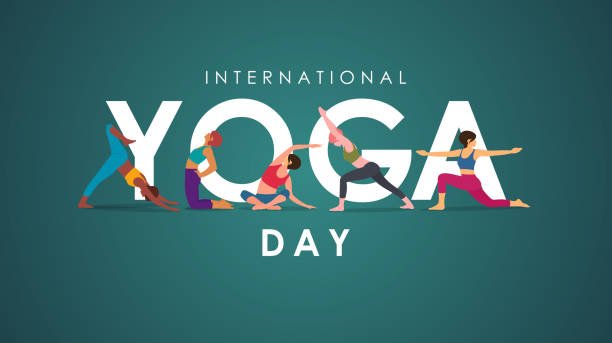India’s pursuit of a permanent seat on the United Nations Security Council (UNSC) has been one of the most persistent diplomatic campaigns in modern international relations. As the world’s largest democracy and soon-to-be most populous nation, India’s exclusion from the UNSC’s permanent membership has raised questions about the council’s representation of contemporary global realities.
Why India Deserves a Permanent Seat at UNSC?
India makes a compelling case for permanent membership in UNSC based on several key factors. First, it represents nearly one-fifth of humanity, with a population of over 1.4 billion people. This demographic weight alone gives India a strong claim to having a permanent voice in global security matters.

Second, India has consistently been one of the largest contributors to UN peacekeeping missions, having deployed more than 200,000 troops in over 49 missions worldwide. This demonstrated commitment to global peace and security underscores India’s willingness to shoulder international responsibilities.
Third, India’s growing economic clout cannot be ignored. As the world’s fifth-largest economy with a GDP of over $3.5 trillion, India’s economic decisions increasingly impact global markets and trade. The country’s tech sector, space program, and growing international trade relationships further strengthen its position as a global player.
Historical Context and Current Structure
The UNSC’s permanent membership structure, established in 1945, reflects the power dynamics of the post-World War II era. The five permanent members (P5) – the United States, Russia, China, France, and the United Kingdom – were the primary victors of WWII. This structure has remained unchanged for over 75 years, despite dramatic shifts in global power dynamics.
The current arrangement seems increasingly outdated in a world where economic and political power has diffused beyond the traditional Western powers. The absence of representation from Africa, Latin America, and South Asia has led to legitimate questions about the council’s ability to address contemporary global challenges effectively.

Challenges to India’s Bid for UNSC Permanent Seat
Despite strong credentials, India faces several obstacles in its pursuit of permanent membership:
- Opposition from China: As an existing permanent member, China has shown reluctance to support India’s bid, partly due to regional rivalry and its preference for Pakistan in South Asian matters.
- Reform Resistance: Any change to the UNSC structure requires agreement from all permanent members, who are generally resistant to diluting their privileged position.
- Regional Competition: Other powerful nations like Japan, Germany, and Brazil also seek permanent membership, complicating the path to reform.
Support and Initiatives
India has garnered significant international support for its bid. Countries like Russia, France, the United Kingdom, and the United States have expressed backing for India’s permanent membership. The G4 nations (India, Germany, Japan, and Brazil) have formed an alliance to support each other’s bids for permanent seats.

India has also demonstrated its capability for leadership through initiatives like the International Solar Alliance and its response to global crises, including providing COVID-19 vaccines to numerous countries during the pandemic.
The Way Forward
Reform of the UNSC seems increasingly necessary for maintaining its legitimacy and effectiveness in the 21st century. India’s case for permanent membership is strong, but success will require sustained diplomatic efforts and possibly a broader reform package that addresses multiple stakeholders’ concerns.
Some proposed solutions include:
- Creating new permanent seats without veto power
- Establishing rotating permanent seats for regional representatives
- Implementing a more inclusive decision-making process within the council

Conclusion
India’s quest for a permanent UNSC seat represents more than just national ambition; it symbolizes the need for the United Nations to adapt to changing global realities. As the world faces increasingly complex challenges – from climate change to terrorism – having diverse perspectives and representation at the highest levels of global decision-making becomes crucial.
While the path to reform remains challenging, India’s continued economic growth, diplomatic influence, and commitment to global peace make its case for permanent membership increasingly difficult to ignore. The question may no longer be if India will gain a permanent seat, but when and through what mechanism this historic change will occur. The inclusion of India would not only enhance the UNSC’s legitimacy but also bring valuable perspectives and capabilities to global security discussions. As the international community grapples with 21st-century challenges, the reform of the UNSC, including India’s permanent membership, may become inevitable for maintaining the organization’s relevance and effectiveness.
















Noodlemagazine I appreciate you sharing this blog post. Thanks Again. Cool.
Mat6tube I’m quite new to blogging, and I truly value your content. This article really grabbed my attention. I’ll bookmark your website and keep checking back for fresh updates.
Your point of view caught my eye and was very interesting. Thanks. I have a question for you.
Thanks for sharing. I read many of your blog posts, cool, your blog is very good.